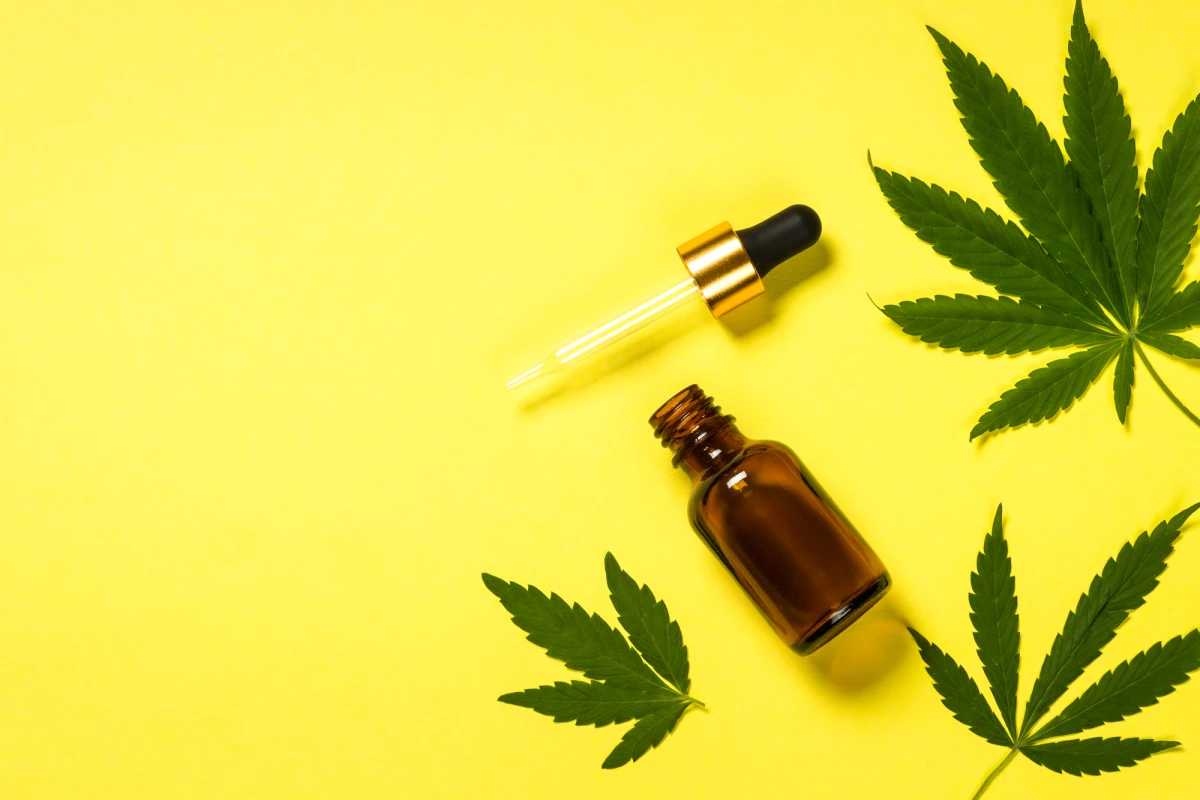A new study from researchers at Syracuse University is presenting results from one of the first placebo-controlled trials exploring the influence of CBD on sensations of acute pain. The mixed results suggest CBD may reduce feelings of unpleasantness, helping one tolerate pain more effectively despite not actually lowering the intensity of pain.
Cannabidiol, commonly known as CBD, is one of the most prominent active compounds in cannabis. Unlike THC, which is primarily responsible for the plant’s more psychoactive effects, CBD is non-intoxicating.
Over the last few years CBD has been touted as a treatment for everything from insomnia to cancer. The vast majority of the claims surrounding CBD’s medicinal uses are unproven and scientists are quickly trying to catch up and figure out what conditions this compound actually helps.
It is commonly suggested CBD is an effective and safe analgesic, but there is a distinct lack of robust clinical evidence backing up those anecdotal claims. A new study, led by researchers from Syracuse University, is offering one of the first placebo-controlled investigations into CBD’s effects on pain.
Instead of focusing on chronic pain sufferers, the new research was more interested in how CBD influences responses to acute pain, and how strong CBD’s placebo effect is in this context. Fifteen subjects were recruited for the study, and each subject completed four experimental sessions.
“Participants were randomly assigned to different counterbalanced manipulation conditions at each session: control (told inactive – given inactive); expectancy (told active CBD – given inactive); drug (told inactive – given active CBD); and expectancy + drug (told active CBD – given active CBD),” the researchers explain in the study.
During each session the participants were exposed to a heat source commonly used to simulate acute pain in studies. A number of different measures were used to quantify each person’s pain experience, including empirical scales as well as subjective ratings of sensations such as pain intensity or unpleasantness.
"We hypothesized that we would primarily detect expectancy-induced placebo analgesia (pain relief),” explains Martin De Vita, one of the authors on the new study. “What we found though after measuring several different pain outcomes is that it's actually a little bit of both. That is, we found improvements in pain measures caused by the pharmacological effects of CBD and the psychological effects of just expecting that they had gotten CBD. It was pretty remarkable and surprising."
Some of the pain measures, such as pain tolerance and intensity, showed no significant changes across all four experimental conditions. However, the researchers describe the results as complex, with a variety of differences in effects depending on a given pain measurement scale. De Vita says the results show pain is multidimensional and future work will need to home in on exactly what kinds of pain CBD may work for.
"It's not just pain, yes or no, but there are these other dimensions of pain, and it would be interesting to see which ones are being targeted,” says De Vita. “We found that sometimes pharmacological effects of CBD brought down some of those, but the expectancies did not. Sometimes they both did it. Sometimes it was just the expectancy. And so, we were going into this thinking we were going to primarily detect the expectancy-induced pain relief but what we found out was way more complex than that and that's exciting."
The findings mirror recent investigations into how cannabis may be used for pain relief. A 2019 study into whether cannabis is helpful at reducing the severity of headaches and migraines suggested the drug doesn’t directly influence a person’s sensation of pain but instead improves their general well-being and ability to tolerate pain.
A fascinating 2012 Oxford University brain imaging study found cannabis (specifically THC) has little effect on the brain regions known to be influenced by opiates. So cannabis does not seem to suppress sensations of pain in the same way as common analgesics, but instead it affects the brain’s emotional reaction to pain.
All of this seems to suggest there are limitations to our traditional ways of measuring pain. Stephen Maisto, another researcher working on the new study, says these findings only mark the beginning of understanding how CBD could be used for pain management.
"The data is exciting but pretty complex in that different pain measures responded differently to the drug effect, to the expectancy, or both the drug and expectancy combined – so we're still trying to figure out what is behind the differential data with different kinds of pain measures," notes Maisto. "The next step is studying the mechanisms underlying these findings and figuring out why giving instructions or CBD itself causes certain reactions to a pain stimulus."
The new study was published in the journal Experimental and Clinical Psychopharmacology.
Source: Syracuse University




